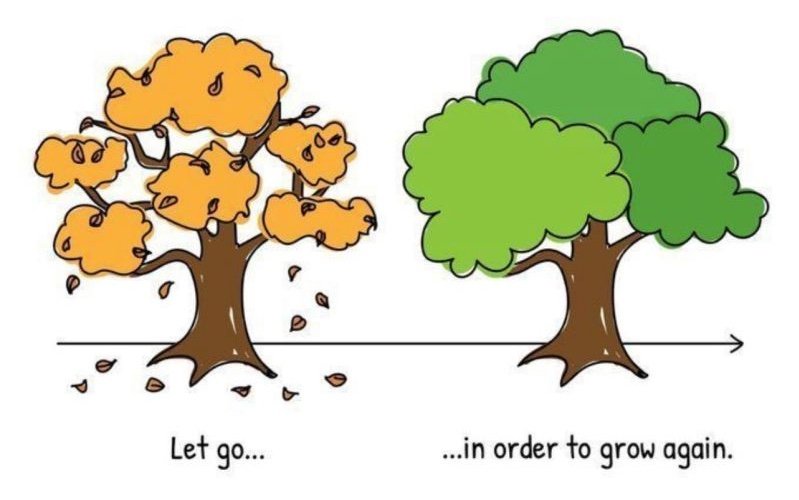In a world that rewards speed, performance, and certainty, leadership can become narrowly defined. The leaders who create real, lasting change are often those who can slow down long enough to listen to themselves, to others, and to the systems they’re part of. These are the leaders who understand that storytelling isn’t just communication, it’s a tool for connection, transformation, and vision-building.
““Most of the important things in the world have been accomplished by people who have kept on trying when there seemed to be no hope at all.” ”





















